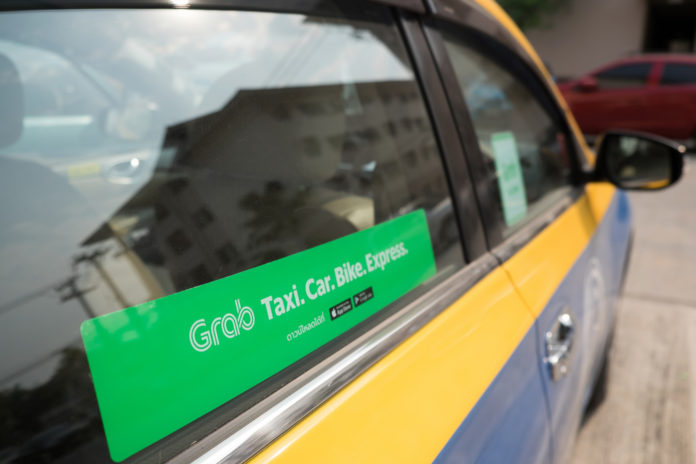
ONE of South-east Asia’s most successful start-ups, Grab, has embraced travel agents, saying what is available in the market today is still “very far” from the traditional consultants who make travel more seamless.
Cheryl Goh, who is part of the early founding team at the Malaysian taxi app start-up, said the company for the first time had started to consolidate its travel programme with an agency. The impetus was safety, as employees were travelling to places where there were bombings and terror attacks.
The move was an eye-opener. Said the group vice president marketing of Grab: “We went from high-tech to low-tech. A lot of us travel in the region. It’s unanimous as an organisation that we love the experience,” said Goh, during a panel at Millennial 20/20 Summit last week, when she was asked what travel technology would look like in the next five years.
“Someone intelligent enough to figure out your habits and what kind of places you stay, gives you the best recommendations and makes payment seamless – that still does not exist in the way the travel agent works. After using it (travel agency), I think that really is the future. Right now, lower pricing is the impetus for people booking travel online, not the experience.”
Speaking to TTG Asia e-Daily afterwards, Goh said: “From that experience, we realised using a travel agent is a lot more convenient than what we’ve ever experienced before. Just having a real person with a real brain behaviour and capacity for learning, we realise that what we have in the market is still very far from the natural travel agent who makes it more seamless.”
She said what agents need to do is to embrace technology but also understand where they can add value.
“For example, my agent understands I want to be in the office by 10am but I don’t want to be up by 4am to make that, so finds me the best time. I’m not price sensitive. Or factors in a holiday season so arranges for me to be at the airport by this time. In theory it sounds simple but I have not experienced it, so I think that part of machine learning isn’t there yet,” she said.
During the panel, Goh also shared some of the lessons that enabled Grab to expand to 30 cities in six countries. One is understanding the question, “What is the pain point for customers?” and removing the pain. “This is why in Indonesia, for example, we went beyond cars and taxis to bikes, because of the traffic jams,” she said.
Understanding the customer habits and preferences through machine learning is another. As well, hiring locals who are familiar with the market.
Millennial 20/20 is a new company/summit which debuted in London last April. Its aim is to bring together brands in fashion and beauty, F&B, sports/fitness and hospitality to discuss the future of next-gen commerce. The next summit will be held in New York March 1-2, 2017.




















